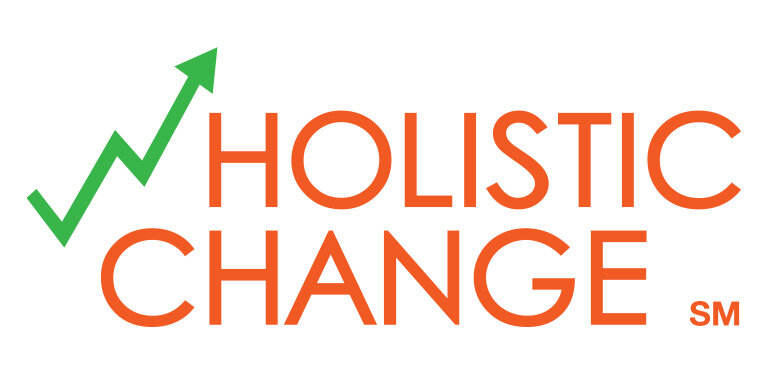If the services you want to provide, or the new tools / technology that will need to be used, require completely different skills than your people have, there are some hard questions to be answered. You will have to decide if training will work to bring your current team to the point where you need them. Or, will you hire new people and train existing staff. Or, will you just hire new people.This may be the reality -- to get to where you want to go it may require different people with different skills. If it is, consider how you will help the people who are being displaced. You must include this in your change plan. Don't expect somebody who is being displaced to willingly stay on and help you effect a change that doesn’t have a future place for them, unless you are taking some sort of positive steps to get them through the transition and safely and securely out the other side.Be up front with your employees about what is happening to them. A full and honest statement from you will derail the "water cooler" whispering. Even though it might be easier to not own up to your people that they are losing their jobs, you do need to own it and let them know so that they can make plans for their future.This is a great opportunity to show how much you value people, by providing a support structure to get them through the grief that comes from losing a job, and the anger and negativity. Treating your employees with respect and honesty will win you a lot of credibility throughout the rest of the organization. Everyone knows that this is hard, and may be worrying that losing their job could happen to them next -- but they will remember an example of how management has been supportive and it will help to engender good will for the future.

